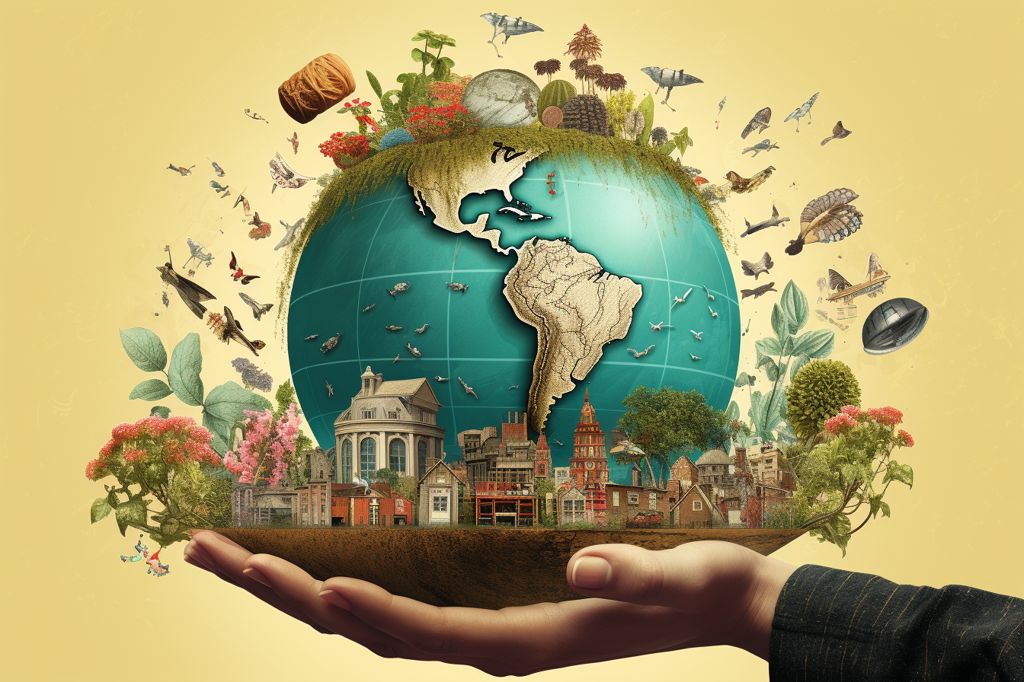South Africa is currently facing a critical problem with gender-based violence (GBV). Unfortunately, a woman is raped every three hours, and the country has been labeled the rape capital of the world. The first quarter of 2022 saw 10,818 rape cases reported in the country. The lifetime risk of experiencing GBV in South African women is 45.6%, which is higher than the global average of 35% (WHO, 2013). The prevalence of sexual GBV and intimate partner violence is high, particularly among young women aged 16-25 years (UNICEF). The rate of women killed by intimate partners in South Africa is five times higher than the global average.
GBV is a widespread issue in homes, workplaces, cultures, and traditions in South Africa. It takes various shapes such as physical, emotional, psychological, financial, or structural harm, and it is perpetrated by intimate partners, work colleagues, strangers, and even institutions.
Despite having one of the most progressive constitutions globally, South Africa still faces significant challenges with GBV. To tackle this universal concern, the South African government has partnered with UNESCO to launch the Transforming Mentalities Summit. The summit aims to engage men and boys in discussions on gender equality and redefine norms of masculinity positively, alongside women and girls.
Objectives of the Transforming Mentalities Initiative
The Transforming Mentalities initiative in South Africa has several objectives, including gathering evidence and building knowledge to inform gender-transformative policymaking, countering harmful gender norms, and engaging men and boys as accountable allies for gender equality.
The Role of Post-School Education and Training
The Post-School Education and Training (PSET) sector is a crucial area for addressing GBV, as it is home to more than 2.5 million youth, with 51% being females. Ten percent of all reported rape cases come from young women in higher education, with only one in ten women reporting a rape case. The Department of Higher Education and Training (DHET) is working to implement sustainable and impactful systems, controls, infrastructure, and safety nets to address GBV within the PSET sector.
The Role of the Human Sciences Research Council
The Human Sciences Research Council (HSRC) will play a vital role in the fight against GBV, bringing together academics and researchers from South African public universities and organizations to gather collective insights for gender parity. The HSRC will conduct studies pinpointing communities at risk and examining layers of perception, aspiration, and change across provinces with the highest prevalence of reported rape cases.
Transforming Mentalities: A Struggle for Gender Equality
The Transforming Mentalities initiative is part of a broader struggle to transform unequal gender relations. It requires men and boys to take an active part in co-creating new ways of relating to women and girls in the private and public spheres while embracing emancipatory values, norms, roles, and practices.
Moreover, the fight to transform the mentalities of men and boys must be fought in conjunction with efforts to radically alter the structural position of women, especially black working-class women, in the economy. This includes income parity, decent pay, greater representation in male-dominated professions, equality in career advancement, and executive and managerial leadership in all sectors of the economy.
South Africa’s Transforming Mentalities initiative champions human rights, nurtures women’s leadership, and advances the well-being of all by addressing gender inequalities. Through collective efforts, research networks, and community mobilization, the country aims to create a more inclusive, equitable, and gender-sensitive society for future generations.








